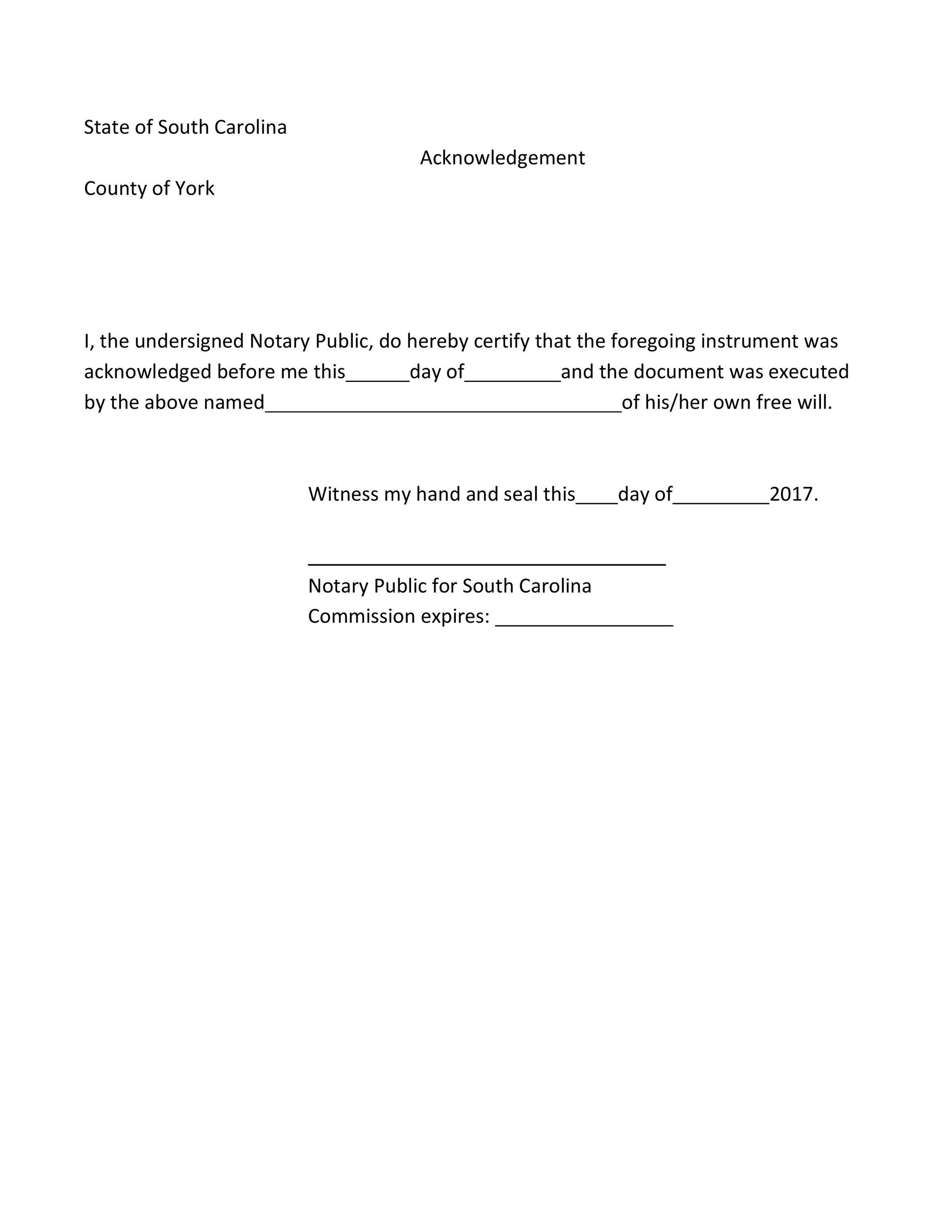
Once you have written your Will, it is a good idea to have an attorney read it to make sure it will accomplish what you want it to do If you want to change your Will, write a whole new Will the same way and destroy the old one. Instead, start over and write it again correctly from beginning to end If you make a mistake do not cross anything out or squeeze words in. Sign and date the paper at the end of your Will Name a personal representative and indicate whether he or she has to post bond Write down what you want done with your property after your death Start with your name, age, residence (city, town or village), and a statement that you are of sound mind and under no undue influence or threats The entire Will must be in your own handwriting However, there are a few things to keep in mind: Anybody who is at least 18 years old and of sound mind may make a handwritten Will.

The only difference between handwritten and typed Wills is that if your Will is handwritten, it does not have to be signed by witnesses in order to be valid. In other words, all of the information in this classroom applies equally to both typed and handwritten Wills. The same rules apply to handwritten Wills as apply to typed Wills, except with respect to the witness requirement. In Alaska, a handwritten Will, also called a holographic Will, can be valid and enforceable. cremation or burial) and whether you wish any special religious or traditional services. Your Will is also the appropriate place to direct how you wish your final remains to be handled (i.e. In addition to specifying how your property will be distributed, your Will can nominate a person to serve as the personal representative of your estate or the guardian for your children should you die before they reach age 18 and the other parent is unable or unwilling to care for them.

For a more detailed explanation of these intestacy rules, please review Section III of this presentation.

When there is no Will, the court will divide your estate property between your heirs according to the laws of intestacy, which typically means that your property will be distributed to your spouse and children. If you die without a Will, any special gift you wanted to make to family members, friends, or charities will not be honored. By naming a “personal representative” (also called an executor), you can be sure that there will be someone to handle your affairs. In order for your wishes to be carried out, they must be written down in a Will. Promises or wishes regarding your property that you have expressed verbally during your lifetime have no legal effect after you have died.


 0 kommentar(er)
0 kommentar(er)
